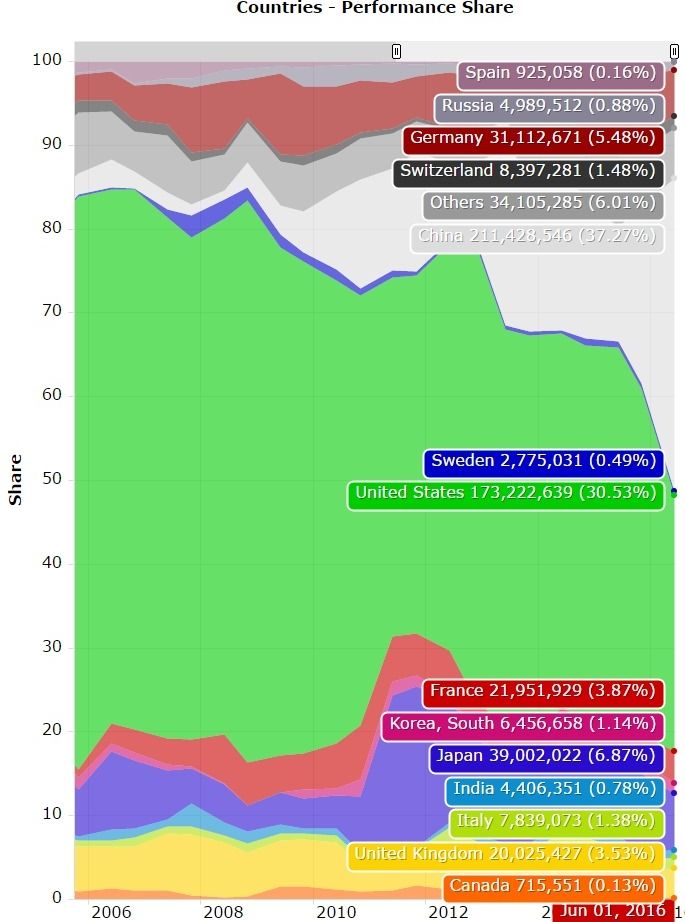Sep 10, 2016
DARPA Wants a ‘Social Supercollider’ To Help It Understand Humans
Posted by Karen Hurst in categories: military, security
The Pentagon wants to fundamentally change how social science research is conducted.
The Defense Department uses principles of human behavior to make major decisions affecting national security, but social science is inherently limited, according to the Defense Advanced Research Projects Agency, mostly because social scientists “rarely, if ever, have ground truth” about “actual causes of observed behaviors in the ‘real world.’”
To help mitigate those shortcomings, DARPA is gathering information on ways, and potentially new technology, that can assess how closely social science research methods do represent the real world. Simulations, for instance, could be used to calibrate whether the inferences about human behavior social scientists make when they’re conducting an analysis are valid.
Continue reading “DARPA Wants a ‘Social Supercollider’ To Help It Understand Humans” »

















